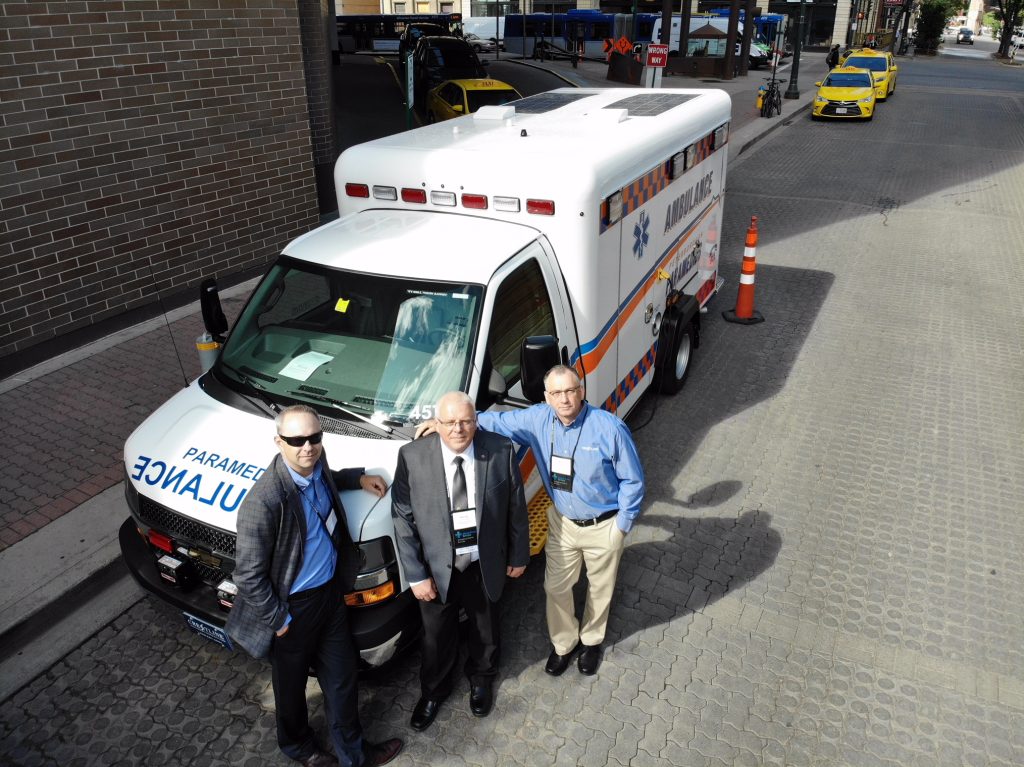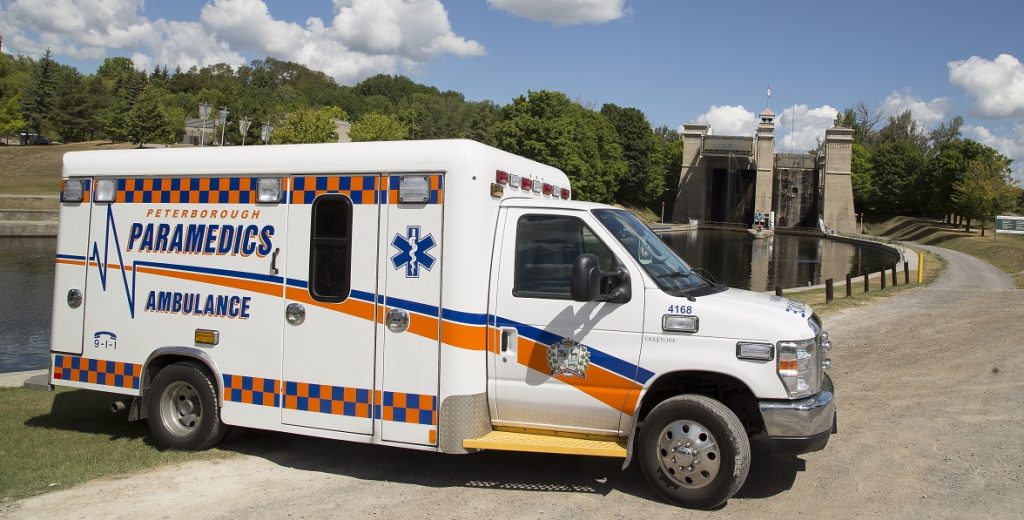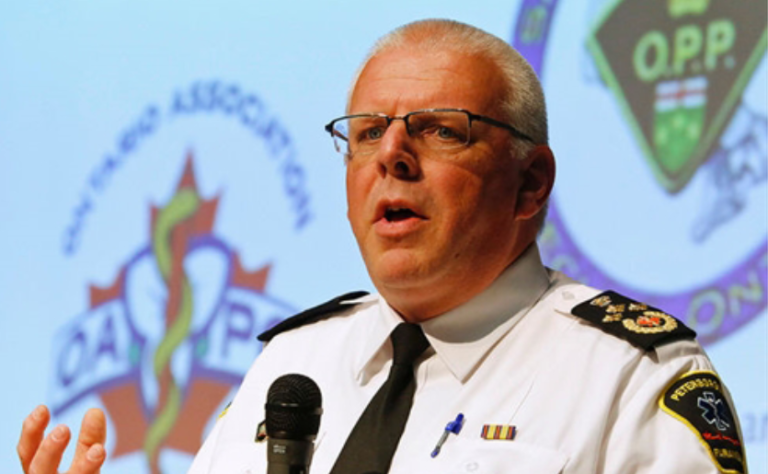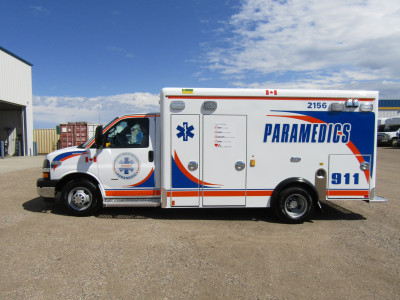An Interview with Randy Mellow
As Randy Mellow, Paramedic Chief of Peterborough County/City, a highly esteemed figure in the paramedicine industry, announced his retirement, he graciously offered us a glimpse into his illustrious career spanning nearly four decades. With key roles including Deputy Chief, Paramedic Chief, and president of the Paramedic Chiefs of Canada association, Mellow provided insightful reflections. He shed light on both the challenges he faced, and the rewarding aspects throughout his journey. He emphasized collaborative efforts between Demers, Crestline, and the PCC, showcasing their commitment to industry progress, and underscored the importance of safety and efficiency in emergency response vehicles, highlighting innovative strides made in ambulance design.
Evolution and challenges
Mellow began his career as a paramedic in 1986, reminiscing on the passage of time with a sense of wonderment. “Thirty-eight years flew by,” he mused, noting the remarkable evolution he witnessed in the field of paramedicine. From delivering babies in his early years to watching the children he once saved grow into parents themselves, he reflected on the profound impact of his work on countless lives over the years.
However, alongside the rewarding moments, Mellow acknowledged the inherent challenges of the profession, particularly the emotional toll of witnessing unfavorable outcomes, especially in small communities where he worked closely with patients and their families.
Mellow also mentioned the significant evolution he observed. He remarked on the willingness of provinces across Canada to advance the industry and recognize paramedics as integral partners in healthcare. Thinking back on past obstacles, such as legislative restrictions on using the term “paramedic,” Mellow expressed optimism about the industry’s future trajectory.
When asked about the significance of support from industry partners like Crestline and Demers, Mellow emphasized, “It’s not just important—it’s crucial beyond measure”. According to him, over the years, this valued relationship has provided invaluable support to the association, enabling essential operations, and fostering opportunities for networking and development. Moreover, this partnership serves as a conduit for industry insights and mutual learning, enabling the exchange of ideas, resources, and expertise, ultimately benefiting both paramedics and patients. As Mellow stated, “We can move to the future much better together than we can separately”.

Advocating for innovation
Transitioning into leadership roles, Mellow faced the task of advocating for the advancement of paramedicine, particularly in implementing quality assurance programs—a novel concept at the time. Despite initial resistance and skepticism, Mellow persevered, emphasizing the importance of prioritizing clinical care and patient outcomes over bureaucratic constraints.
“Taking risks was essential in driving progress, Mellow remarked. I could have easily stayed within the tradition, but I was willing to take that risk, embracing change and pushing boundaries. It was challenging, but very rewarding as well.”
Throughout his tenure, Mellow championed innovation in healthcare, advocating for initiatives such as directing overdose patients to safe consumption sites and expanding community paramedicine programs.
One of his proudest achievements is his involvement in shaping the future of paramedicine through initiatives like the PCC’s visioning document. This document outlines the principles and enablers necessary for the evolution of paramedic practices, demonstrating Randy’s commitment to advancing the industry. “Canada literally has drafted the premier document that outlines what the future should be like. I am so proud to be a part of that group”.
Mental health support
Mellow also takes immense pride in advocating for mental health support within the paramedicine industry. Through PCC, he has been instrumental in national strategies to break down stigma and secure government investment in research and treatment for first responders’ mental health. He emphasizes the importance of recognizing mental health as part of overall health and fostering psychologically safe workspaces, such as within Peterborough paramedics. Despite personal risks, Mellow openly addresses his own vulnerabilities, demonstrating his commitment to creating a supportive environment.
Randy Mellow’s remarkable career was characterized by unwavering dedication, pioneering spirit, and a relentless pursuit of excellence in paramedicine. As he passes the torch to the next generation of leaders, his impact will continue to resonate, inspiring generations of paramedics to come.
For Randy Mellow, when it comes to ambulances, prioritizing the safety of paramedics while ensuring seamless clinical care delivery is paramount. According to him, Demers and Crestline have been able to strike the delicate balance between staff well-being and patient treatment, by focusing on paramedic positioning and accessibility to equipment. For Mellow these are the most significant hurdles in ambulance design, to ultimately enhance the efficiency and safety of emergency response. Randy remarked that the most recent models are taking that to the next level. “I think the safe design has been even further improved with the current models. I’m very pleased with their reliability both in structural design and with the components that are in them.”







